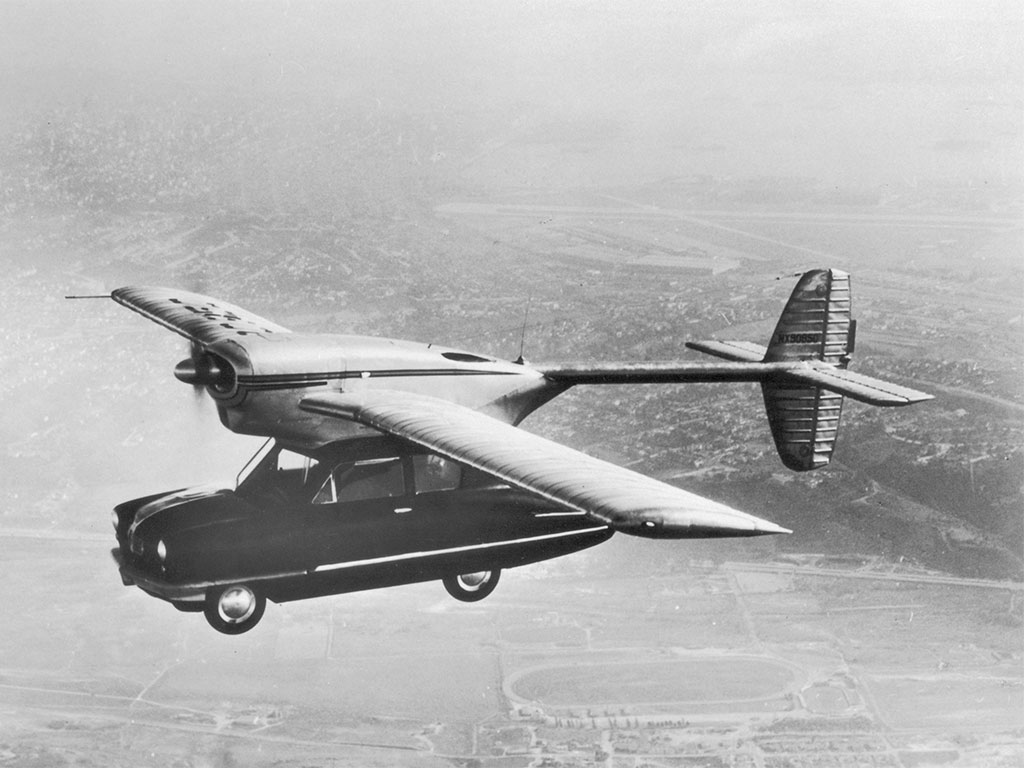Uber hires NASA aircraft engineer to develop flying cars
Uber is looking to develop its nascent flying car programme, known as Uber Elevate, through hiring talented engineers who share the company’s vision

Flying cars will, in theory, alleviate traffic congestion, as access to a third dimension make road space practically limitless
Uber’s flying car ambitions are taking off, with NASA engineer Mark Moore joining the team to work on the ambitious project. According to Bloomberg, Moore will act as director of engineering for aviation at Uber Elevate, the firm’s fledgling initiative for creating airborne on-demand vehicles.
In November 2016, the ride-hailing giant first debuted its vision for ‘on-demand aviation’, envisioning a future where lengthy commutes and bumper-to-bumper city gridlock is relieved by a network of small, electric, flying vehicles that can take off and land vertically. In its extensive white paper, the company explained that its airborne vehicles – known as vertical take-off and landing aircraft, or VTOLs – are intended to operate autonomously, with customers summoning a vehicle through the Uber app on their phones.
For Moore, Uber Elevate may provide a tangible opportunity to translate his vision into a concrete reality
“We believe that, in the long term, VTOLs will be an affordable form of daily transportation for the masses, even less expensive than owning a car”, the firm said in its report. “Just as skyscrapers allowed cities to use limited land more efficiently, urban air transportation will use three-dimensional airspace to alleviate transportation congestion on the ground.”
Moore, who consulted on Uber’s ambitious white paper, is leaving a thirty-year career at NASA in order to take up his new position with the firm. During his time working as an advanced aircraft engineer for the federal agency, Moore published his own paper exploring the feasibility of helicopter-inspired flying vehicles. For Moore, Uber Elevate may provide a tangible opportunity to translate his vision into a concrete reality. In an interview with Bloomberg, Moore explained how his decision to join Uber was influenced by the company’s practical business case for developing the futuristic technology.
“I can’t think of another company in a stronger position to be the leader for this new ecosystem and make the urban electric VTOL market real”, said Moore. “If you don’t have a business case that makes economic sense, then all of this is just a wild tech game and not really a wise investment.”
While Moore’s appointment indicates that Uber is serious about pursuing the technology, myriad technical and infrastructural issues mean that the company’s on-demand taxi system is still in its early days. As outlined in Uber’s white paper, the company will have to tackle potential noise pollution issues, limited vehicle battery life, and the economics of manufacturing VTOLs before its flying cars can take to the skies.













